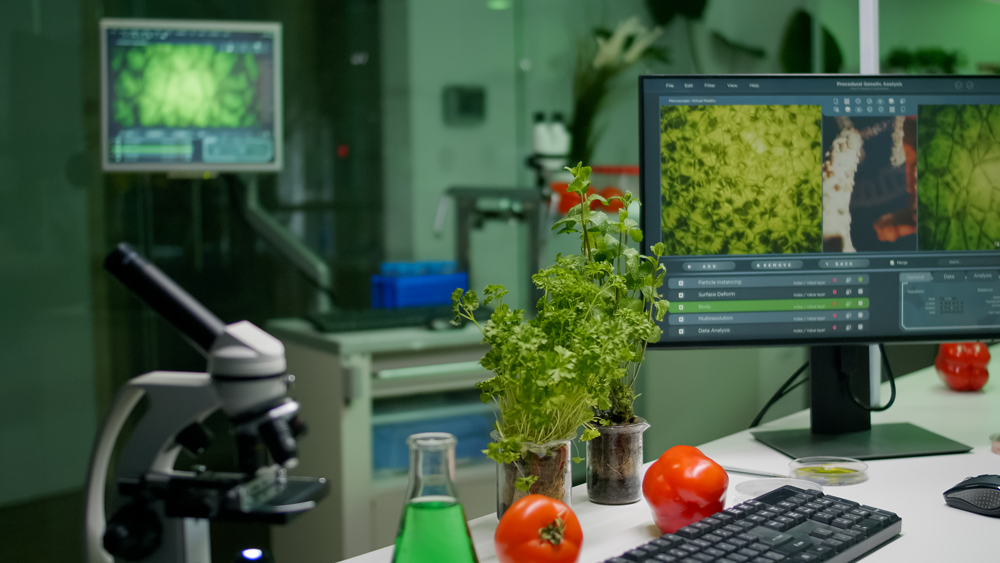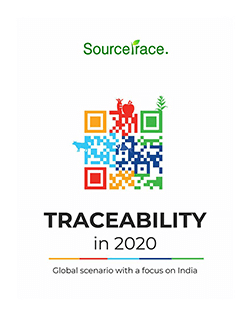The Food Safety Modernization Act (FSMA) – USA

The Food Safety Modernization Act (FSMA), signed into law by President Barack Obama on January 4, 2011, represents one of the most comprehensive overhauls of U.S. food safety laws in over seven decades. The FSMA was designed with a pivotal objective: to secure the U.S. food supply chain by transitioning the approach from a primarily reactive response to contamination towards a proactive prevention-oriented strategy. This paradigm shift facilitated by the FSMA brings to the forefront the necessity for stringent precautionary measures in the management of food safety. In the context of an increasingly interconnected global food supply chain, the Act underlines the critical importance of mitigating food safety risks before they emerge. The FSMA, in essence, has transformed the way the food industry operates by instituting preventive controls that aim to ensure the safety of the food consumed by millions of Americans daily (FDA, 2021). It needs to be emphasized that this change is not simply an incremental improvement to existing laws, but rather, it signifies a profound systemic shift in the way food safety is perceived and managed. The FSMA marks an essential turning point in U.S. food safety policy, shaping a future where the focus is firmly on prevention, thereby maximizing the safety of the food supply for the public.
The Need for FSMA
Over the past several decades, our food system has become more complex and globally integrated. As our food supply chains have stretched across the world, so have the risks associated with them. A substantial portion of the food consumed in the U.S. is now imported, and problems with food safety have led to widespread outbreaks of foodborne illnesses. The Centers for Disease Control and Prevention (CDC) estimates that each year 48 million people get sick, 128,000 are hospitalized, and 3,000 die from foodborne diseases (CDC, 2021). These facts underscore the need for robust food safety regulations such as FSMA.
Key Provisions of FSMA
FSMA introduces a host of reforms designed to improve the safety of our food supply. Key provisions include:
- Preventive Controls: For the first time, the Food and Drug Administration (FDA) has a legislative mandate to require comprehensive, prevention-based controls across the food supply (FDA, 2021).
- Inspection and Compliance: The legislation recognizes that inspection is an important means of holding the industry accountable for its responsibility to produce safe food. The FDA is now empowered to mandate food recalls, among other compliance measures.
- Imported Food Safety: FSMA gives FDA new tools to ensure that imported foods meet the same safety standards as those produced domestically. This includes importer accountability and third-party certification (FDA, 2021).
- Response: For the first time, FSMA establishes a mandatory recall authority for all food products.
Impact of FSMA
The implementation of the Food Safety Modernization Act (FSMA) has conferred upon the Food and Drug Administration (FDA) a significantly amplified ability to preclude food safety issues. The Act has enhanced the agency’s capacity to detect and expedite response to outbreaks of foodborne diseases. Furthermore, the legislation has ensured more rigorous scrutiny of imported food, raising it to the safety standards expected of domestically produced food. An additional consequence of the FSMA is the heightened synergy it has fostered among various stakeholders in food safety. This includes the enhanced partnerships between state, federal, and international regulatory agencies, as well as the food industry. These synergistic relationships serve as a testament to the collaborative efforts directed toward ensuring food safety at every stage of the supply chain.
However, it is important to underscore that despite the substantial strides made, the complete implementation of FSMA constitutes a challenging and protracted endeavor. The challenges, both financial and operational, posed by the necessity of compliance with the new regulations are considerable. This is particularly true for small and medium-sized enterprises (SMEs), which may lack the resources of larger corporations. The task of adhering to the technical requisites imposed by the new regulations can be equally daunting, calling for significant investments in training, equipment, and processes.
Thus, while the FSMA represents a vital milestone in the evolution of food safety regulation in the U.S., the path towards its full realization is a complex, ongoing process. The challenges are significant, but the ultimate objective – ensuring the safety of the U.S. food supply – remains paramount. This ongoing commitment to protecting public health underscores the necessity for continued diligence, cooperation, and innovation in meeting these new regulatory standards.
FSMA Compliance
To assist the food industry in achieving compliance, the FDA has provided a variety of resources. These include guidance documents, training programs, technical assistance, and financial resources (FDA, 2021). FDA’s collaborative approach has been important in helping companies understand and meet the new requirements.
Conclusion
The Food Safety Modernization Act is a crucial piece of legislation that has significantly improved food safety in the United States. By shifting the focus from response to prevention, it presents a transformative approach to managing foodborne illness risks. The FSMA regulations continue to evolve as the FDA works with industry stakeholders, consumer groups, and other government agencies to ensure the safety of the food supply.
References:
- FDA (2021). FSMA Final Rule for Preventive Controls for Human Food. Retrieved from https://www.fda.gov/food/food-safety-modernization-act-fsma/fsma-final-rule-preventive-controls-human-food
- CDC (2021). Estimates of Foodborne Illness in the United States. Retrieved from https://www.cdc.gov/foodborneburden/index.html
SourceTrace's software solutions have been deployed across 37 countries and 4 continents already. We are on a mission to make agriculture and food systems more sustainable. Get in touch and we will extend our expertise and commitment to you.
Request a Demo


